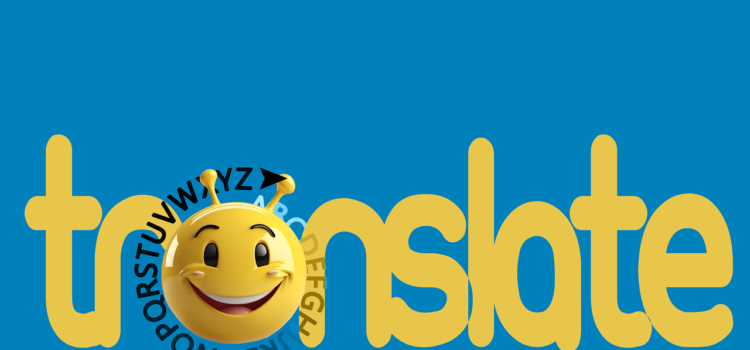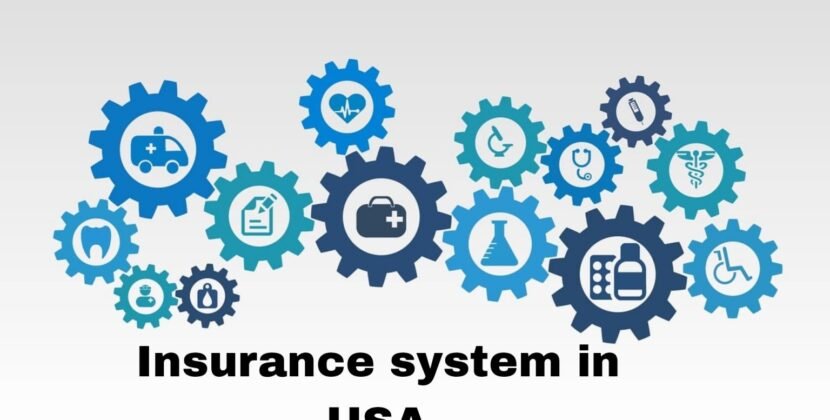Electric vehicles (EVs) are changing the way we move and how automakers do business. As the EV market grows, car manufacturers must adapt to new markets fast. One of the smartest ways to scale globally? Automotive localization services.
These services don’t just translate content, they adapt your product, software, manuals, and user experience to meet the cultural and legal standards of each region. For EV makers, this is critical. Whether you’re expanding into Europe, Asia, or Latin America, localization can make or break your success.
Let’s explore how smart localization helps EV brands grow, with real-world examples, case studies, and tips on choosing the best translation company in USA to support your global expansion.
Why EV Brands Need Automotive Localization Services
Launching an EV in a new country isn’t as simple as translating the owner’s manual. It involves:
- Translating UI and dashboard text
- Adapting driving instructions, range metrics, and charging station data
- Meeting local safety and compliance requirements
- Tailoring the customer support experience
- Translating marketing materials, manuals, websites, and mobile apps
Without proper localization, users may struggle to operate the vehicle safely or may feel disconnected from the brand. That’s a huge risk for an EV company that relies on high-tech trust and global reputation.
Real-World Example: Tesla’s Expansion in China
Tesla’s foray into the Chinese EV market is a fine case of localization right-and where it needed to get better.
Tesla initially localized its software interface and included support for Mandarin Chinese language. Yet, initial users still grumbled that voice control features did not react well to regional dialects and commands. Tesla rectified this by engaging with local language and technology experts to train its voice system on more Chinese-oriented data.
The take-home message? Even technology giants require focused automotive localization services to remain competitive in international markets.
What Does Automotive Localization Involve?
When you take on the services of a top translation company in USA that deals in the automotive industry, you receive more than literal translations. You receive a comprehensive service that may incorporate:
1. Software and UI Localization
EVs arrive with digital dashboards, navigation systems, and mobile applications. Localization makes these interfaces intuitive and compliant with the law in every place. For instance, the temperature readout needs to present Celsius in Europe and Fahrenheit in America. Speed units must change between km/h and mph.
2. Technical Manual Translation
EVs are more sophisticated than conventional cars. That renders precise, localized guides indispensable. Those guides need to describe the operation of high-voltage systems, charging plugs, and servicing functions in language local users comprehend.
3. Localization for Compliance and Regulation
Every nation has specific automotive regulations. Localization teams make sure your documentation and onboard messages adhere to the most recent safety and compliance criteria, including UNECE standards in Europe or FMVSS in the United States.
4. Marketing and Website Localization
To establish trust, your marketing materials should resonate as local. That is, tone, imagery, and calls to action need to be adapted. A slogan that is effective in English, for instance, may be confusing—or even offensive—translated into a different language. Localization prevents cultural faux pas.
Case Study:
Chinese electric vehicle maker NIO launched in the European market with the assistance of its leading localization partners. It localized the UI for the Norwegian audience, introduced a Norwegian language app, and translated every vehicle manual and customer service material.
The outcome? NIO soon joined the list of Norway’s best-selling EV brand in its opening year. That success was due to localizing as a growth strategy, rather than as a checklist.
The Role of Localization in Customer Experience
Modern-day EV consumers anticipate more than a vehicle—they anticipate a connected, seamless experience. If your instructions, software, or support content is weakly localized, users lose trust quickly.
Localization contributes to user trust through various means:
- It helps voice assistants recognize local accents
- It offers assistance content in the native language of the user
- It accommodates multilingual customer service channels
- It minimizes the chance of miscommunication that may result in returns or legal complications
- A localized experience can enhance customer loyalty, particularly for EV manufacturers attempting to gain traction in emerging markets.
Selecting the Optimal Localization Partner
Not all translation agencies are created equal, particularly for niche industries such as automotive.
While looking for the best translation agency in USA, find these qualities:
1. Industry Specialization
Select a provider with extensive experience in the auto and EV space. They must be familiar with the terminology, regulatory environment, and technology of your product.
2. In-Country Linguists
Use a team employing native translators residing within your target country. They are sensitive to cultural context and can pick up on things machine translation never catches.
3. Technical Integration
Your localization partner should be easily integrated into your development environment, particularly if you deploy regular software updates. Choose services that provide translation management systems (TMS) and API connectivity.
4. Quality Assurance
Inquire about their QA process. The most suitable providers have multiple review stages, user testing, and post-editing by human specialists.
5. Speed and Scalability
You require a partner that can scale with you. Wherever you are expanding to two or twenty countries, they must have the ability to grow without sacrificing quality.
How Localization Fuels EV Growth
Localization is not an expense—it’s an investment in your brand’s future. For EV businesses, it is important for:
Quicker Market Entry: The earlier you localize, the earlier you go to market.
Brand Trust: Honest, localized dialogue makes customers feel assured about your technology.
Reduced Risk: You stay away from compliance penalties and product recalls because of miscommunication.
Better Customer Support: You provide customer assistance in their language, resulting in fewer complaints and greater satisfaction.
Final Thoughts
The EV revolution is international. To thrive, your brand must speak every customer’s language literally and culturally. Automotive localization services facilitate that by converting your car’s software, support, and messaging into a locally friendly experience.
If you want to take your EV brand truly global, don’t skimp on localization. Partner with the top USA translation company to bring accurate, compliant, and culturally tuned content to every customer touchpoint.













